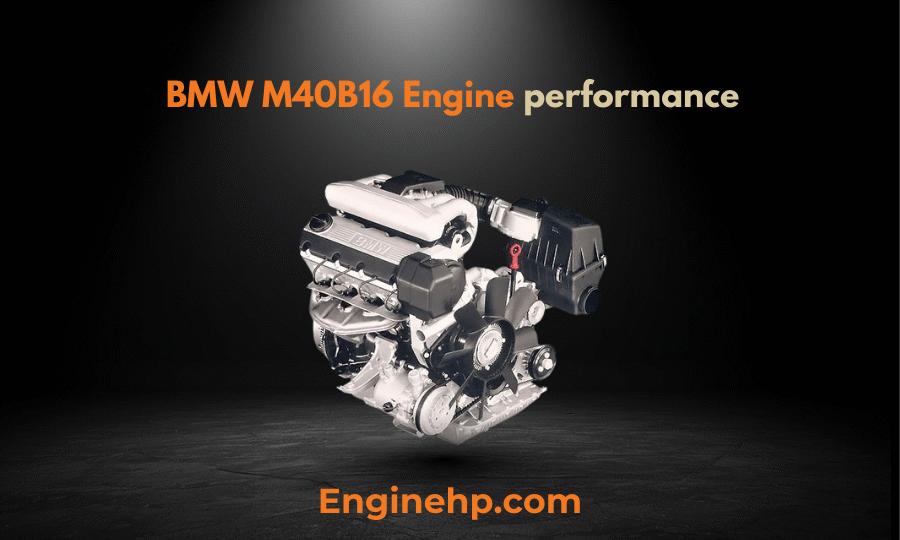
BMW M40B16 Engine Hp, Stroke, Torque, Fuel Type
Introduction
In the event that you have ever opened the hood on any traditional BMW, you may have seen a M40B16 engine nestled in there. It does not have the awe-inspiring reputation of BMW M engines, the high-performance engine arm of the company, but in its understated way, it has won a reputation among drivers who care about reliability and efficiency. This is not the engine that is built to Din the lap records its the one that makes the daily driving stress free. So what exactly is so special about the M40B16, why was it significant to the BMW line-up and why do you need to care about them?
What Is the M40B16 Engine?
Many years ago in 1987 to be exact and the early 1990s (1987-1993 to be precise) BMW introduced the M40 series of engines. Included in these was the M40B16, a 1.6-liter, four-cylinder, inline powerplant that would most recently be remembered in the E30 3 Series.
This is the engine designed to balance: there is no horsepower, but the power is sufficient to make the E30 to be fun to drive, it has OK fuel consumption in the daily commute, and the simplicity of the engine makes it easy to maintain. It superseded the earlier M10 engine range, introduced an improved fuel economy and a lesser exhaust emission, a big revelation at that time.
Specifications of the M40B16
| Specification | Details |
| Manufacturer | Steyr Plant |
| Production Years | 1987-1994 |
| Cylinder Block Material | Cast Iron |
| Cylinder Head Material | Aluminum |
| Fuel Type | Gasoline |
| Fuel System | Fuel injection |
| Configuration | Inline |
| Number of Cylinders | 4 |
| Valves per Cylinder | 2 |
| Valvetrain Layout | SOHC (Single Overhead Cam) |
| Bore (mm) | 84 |
| Stroke (mm) | 72 |
| Displacement (cc) | 1596 |
| Type of Internal Combustion Engine | Four-stroke, naturally aspirated |
| Compression Ratio | 9:1 |
| Power | 102 hp @ 5,500 RPM |
| Torque | 105 lb-ft (143 Nm) @ 4,250 RPM |
| Engine Weight | – |
| Firing Order | 1-3-4-2 |
| Engine Oil Capacity (liter) | 4 |
| Engine Oil Weight | 0W-30, 0W-40, 5W-30, 5W-40, 10W-40, 15W-50 |
| Oil Change Interval (miles) | 9,000 miles (15,000 km) or 12 months |
| Cars with this Engine | BMW 316i E30, BMW 316i E36 |
Today may not be impressed by 102 horsepower but put that together with a light chassis and it was more than sufficient in providing a lively yet controllable experience behind the wheel.
Performance and Driving Experience
A Balanced Powertrain
The design of BMW has always been to create a balance of comfort and interaction of the driver and the model is no exception. It is not brute force they talk of–but power in the smooth, predictable way. It is a naturally aspirated engine and therefore the acceleration profile is clean, linear, never abruptly all-of-a-sudden when a turbo comes on. It is easy on the road and assured on the highway.
Fuel Efficiency and Economy
The M40B16 was efficient in a time when they had not yet had an idea of the hybrid technology. The rate of consumption is between 810 liters (roughly 23-29 mpg) on average. That was a great sales point in late 80s compact sedans. Its EFI system and the sensible compression ratio, as well as the basic 4-cylinder design, all contributed to the control of fuel consumption.
Longevity & Reliability
Properly maintained, such engines will frequently take them well over 300,000 km (186,000 miles) without incident. They have relatively limited design, thus have fewer failure points than contemporary turbocharged systems. Change the oil, monitor the cooling system, and you will have a better engine that can last you many decades.
Common Issues with the M40B16 Engine
Cooling System Problems
The M40B16 is not perfect as any engine. There are two concerns occurring more frequently than others do:
Loss of Cooling System Radiators and water pumps or thermostats may be damaged after years and lead to overheating. Unless it is checked, it may cause severe internal injuries.
Valve Seat Wear
Continued usage with inappropriate low quality fuel, or irresponsible maintenance may result in coarse idling or lower performance.
The two issues can be avoided through normal inspection and replacement of parts when required.
How to Maintain Your M40B16 Engine
Regular Oil Changes
Oil Changes- Use not more than 7,500 miles (12,000 km) or less and always change the oil filter.
Timing Belt Maintenance
Change every 60000 (100000km) When it breaks, the result may be disastrous.
Monitoring the Cooling System
Try to watch coolant levels, seek and correct leaks, and correct any overheating symptoms.
Fuel System Care
Good fuel and a periodical clean up of the system can aid in living up to the buildup.
Upgrading and Modifying the M40B16 Engine
Certainly, but there are limits. The usual customizations are:
- A more free-flow exhaust to breathe better
- Better airflow; a cold air intake
- Fine tuning of ECU to increase performance
- That is all you need to have in mind: reliability trumps a few added horsepower.
Conclusion
The M40B16 may not attain the status of performance legend, but it is certainly a hard-working unit, the embodied engineering ideals of BMW, a balance of performance with optimised ease of driving. To fans, it will present an entry point into classic BMW ownership without having to dread what might go wrong next. Take care of it and it will take good care of you years to come.


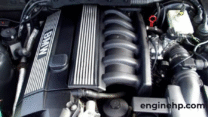
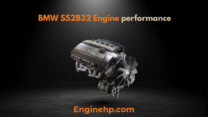

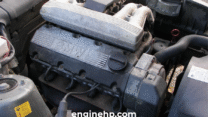
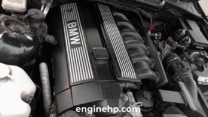
Leave a Reply